In a post on the company's official blog, Page revealed that Google's acquisition of Motorola is a strategic move to strengthen his company's patent portfolio. The company's Android operating system has recently come under fire in an industry-wide patent battle, as Apple and Microsoft have taken Android device makers like HTC, Samsung and Motorola to court.
"The U.S. Department of Justice had to intervene in the results of one recent patent auction to 'protect competition and innovation in the open source software community' and it is currently looking into the results of the Nortel auction," Page wrote. "Our acquisition of Motorola will increase competition by strengthening Google’s patent portfolio, which will enable us to better protect Android from anti-competitive threats from Microsoft, Apple and other companies."
The CEO touted Motorola's history of building devices, saying he loved the company's StarTAC phone first launched 30 years ago. Today, Motorola is one of the most popular Android device makers, with devices like the Droid 3, Droid X2 and Atrix 4G.
"In 2008, Motorola bet big on Android as the sole operating system across all of its smartphone devices," Page said. "It was a smart bet and we're thrilled at the success they've achieved so far. We believe that their mobile business is on an upward trajectory and poised for explosive growth."
Motorola's embrace of Android has made it a target of Apple in the courtroom, with the two companies engaged in a number of lawsuits. Just last week it was revealed that Apple has attempted to bar the sale of the Motorola Xoom tablet in Europe, something it managed to successfully do with Samsung's competing Galaxy Tab 10.1.
In their legal battle, Motorola struck first last October, accusing Apple of violating 18 patents related to a range of technologies, including 3G, GPRS, 802.11 wireless and antenna design. Accused Apple products include MobileMe and the App Store.
Motorola claimed that it attempted to license its patented technology to Apple, but "lengthy negotiations" could not produce a deal. Motorola said that Apple "refused" to pay for a license.
Google Chief Executive and co-founder Larry Page.
Apple responded in kind only weeks later, suing Motorola for alleged violation of six patents related to multi-touch features in the iPhone. A range of Motorola devices were alleged to have been in violation, including the Droid, Droid 2, Droid X, Cliq, and BackFlip.
As the number of lawsuits in the mobile industry have swelled, Motorola earlier this month even signaled that it could sue other Android device makers in pursuit of licensing fees. CEO Sanjay Jha said Motorola Mobility has a "very large" portfolio of intellectual property that could be leveraged in legal action.
In a patent licensing deal with Android device-maker HTC, Microsoft is rumored to receive a large $5-per-device for the use of patented inventions. That helped to set of a wave of concerns that handsets running Google Android could also have to pay high royalty fees to Apple.
 Neil Hughes
Neil Hughes


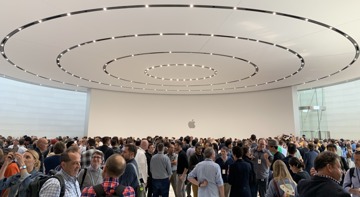
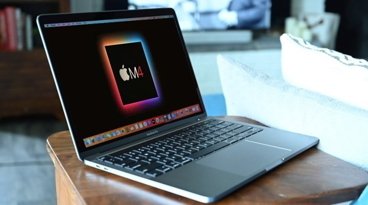
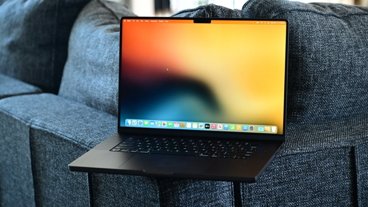
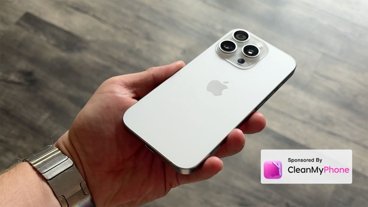






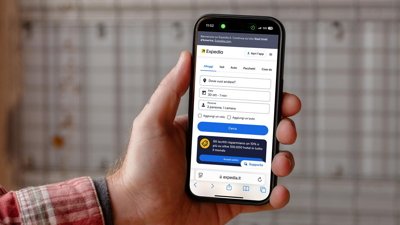
 David Schloss
David Schloss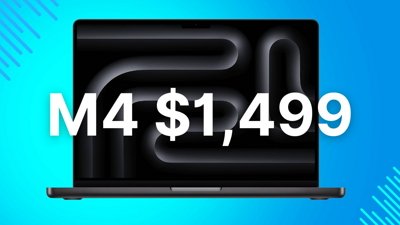
 Christine McKee
Christine McKee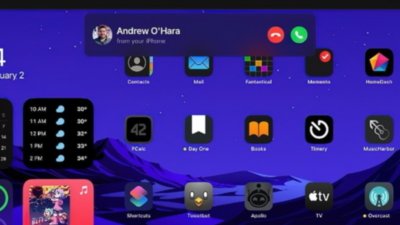
 Amber Neely
Amber Neely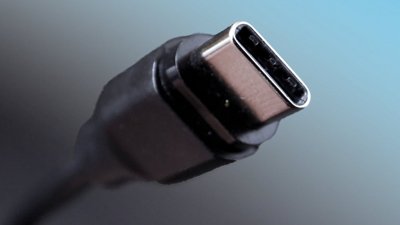
 Malcolm Owen
Malcolm Owen
 Andrew O'Hara
Andrew O'Hara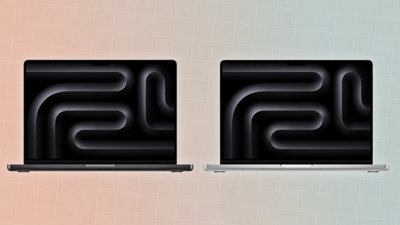
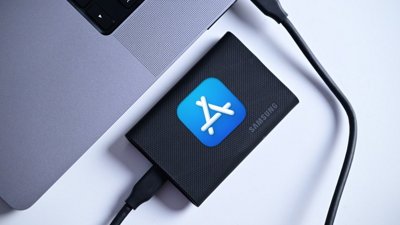
 William Gallagher
William Gallagher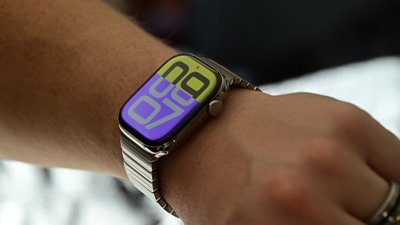
 Oliver Haslam
Oliver Haslam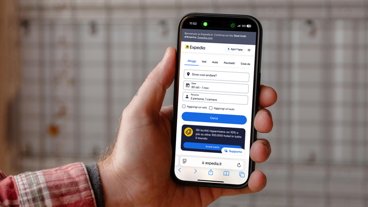

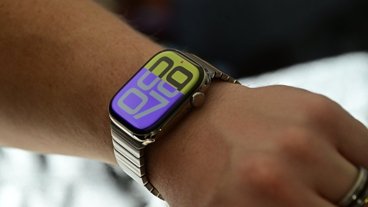
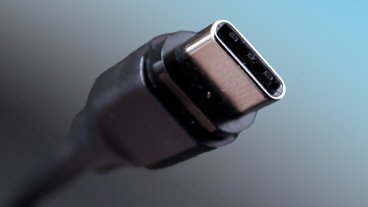
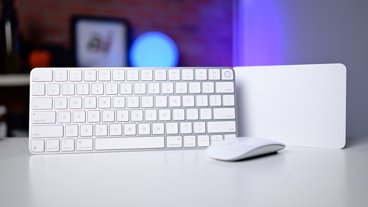
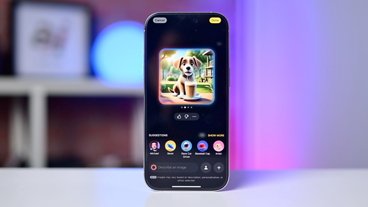
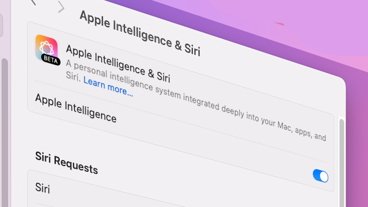


171 Comments
Somebody call the waaahmbulance.
So they buy up a competitor (anticompetitive), which gives them now first-class priority amongst Android licensees (anticompetitive), and they do it just for the patents (anticompetitive), and they say Apple and Microsoft are being anticompetitive?
I hope for Larry's sake the Android user hardware fraternity feel this is just for patent portfolio content. I would suspect a few more will be looking at Microsoft or internal Mobile OS development after this morning. Unless of course he shuts down Motorola Mobility later today.
What next, HP open WebOS up to all manufacturers for free if they promise to use HP printers and Ink?
So I take it Google will now withdraw the suits Motorola attacked Apple with.
F**king hypocrites.